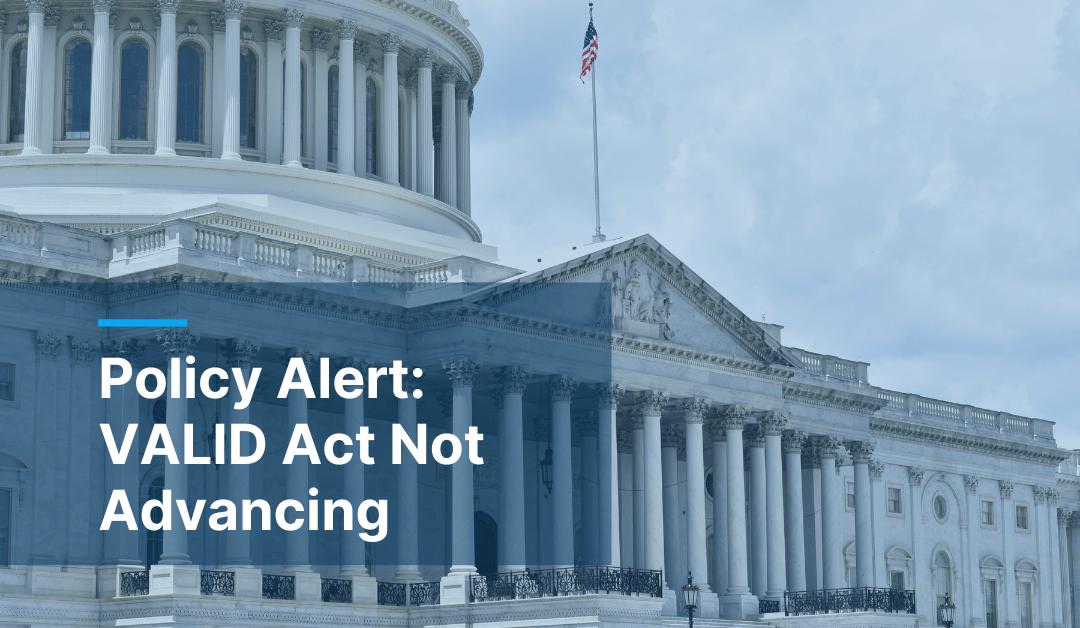Additionally, labs and Medicare providers will also see significant financial relief from a number of reimbursement cuts that were expected to take effect in 2023 but will now be delayed. This includes a delay in PAMA reporting until 2024, a suspension of the PAYGO sequester, and a mitigation of previously announced cuts to the Medicare Physician Fee Schedule (MPFS).
Lighthouse and several other lab advocacy groups have long advocated against the Verifying Accurate, Leading-edge IVCT Development (VALID) Act, contending that while its intentions were good, the regulatory framework it would create by granting the FDA oversight of LDTs would prove too burdensome and erect significant barriers for labs providing innovative tests to patients in a timely manner.
Thoughts from Lighthouse

Jon Harol, President, LLS
Lighthouse Lab Services President Jon Harol says that while he agrees VALID was well-intentioned, it would have stifled innovation in the clinical diagnostic lab testing space while at the same time adding a layer of expense and bureaucracy to the process.
“VALID would have resulted in significant delays in new life-saving testing getting to market while creating a marketplace that only the largest 1% of labs could compete in,” Harol says. “These negative consequences would have come at the cost of not addressing the objective of improving the quality of lab testing, as demonstrated by the inaccurate results reported out by Theranos and other bad actors after being performed by the FDA-approved assays. Board-certified High-Complexity Medical Directors remain the best guardian for ensuring the CLIA laboratories are able to quickly respond to market demands while maintaining lab testing quality.”
According to reporting from Politico, the VALID Act was excluded from the package primarily due to the efforts of House Energy and Commerce ranking member Cathy McMorris Rodgers (R-Wash.).
Other relief measures included:
Beyond the news on VALID, the package also included several other delays for reimbursement reductions scheduled to take place in 2023. They include:
- A one-year delay until 2024 for scheduled reimbursement cuts and reporting of laboratory private payer rates as required under the Protecting Access to Medicare Act (PAMA). Without this action, roughly 800 Clinical Lab Fee Schedule (CLFS) tests set would have experienced reductions of up to 15% when the next PAMA reporting cycle was set to begin on Jan. 1, 2023. However, this delay did not include the Saving Access to Lab Services Act (SALSA), which would have introduced permanent fixes to what lab advocates say is a broken and skewed data collection process.
- A one-year suspension of the Medicare Pay-As-You-Go (PAYGO) sequester that was set to reduce Medicare payments across the board by 4% in 2023.
- Additional reductions for a planned 4.5% Medicare Physician Fee Schedule cut over the next two years. Providers will now see a 2.5% mitigation of that cut in 2023, followed by a 1.25% mitigation in 2024.
- Telehealth: Medicare telehealth flexibilities have been extended until 2025 without restrictions on lab services.
Overall, these are all significant wins for the clinical lab community and healthcare providers as a whole. If you have questions about how these changes will impact your lab or group, feel free to contact us directly for a free consultation.
